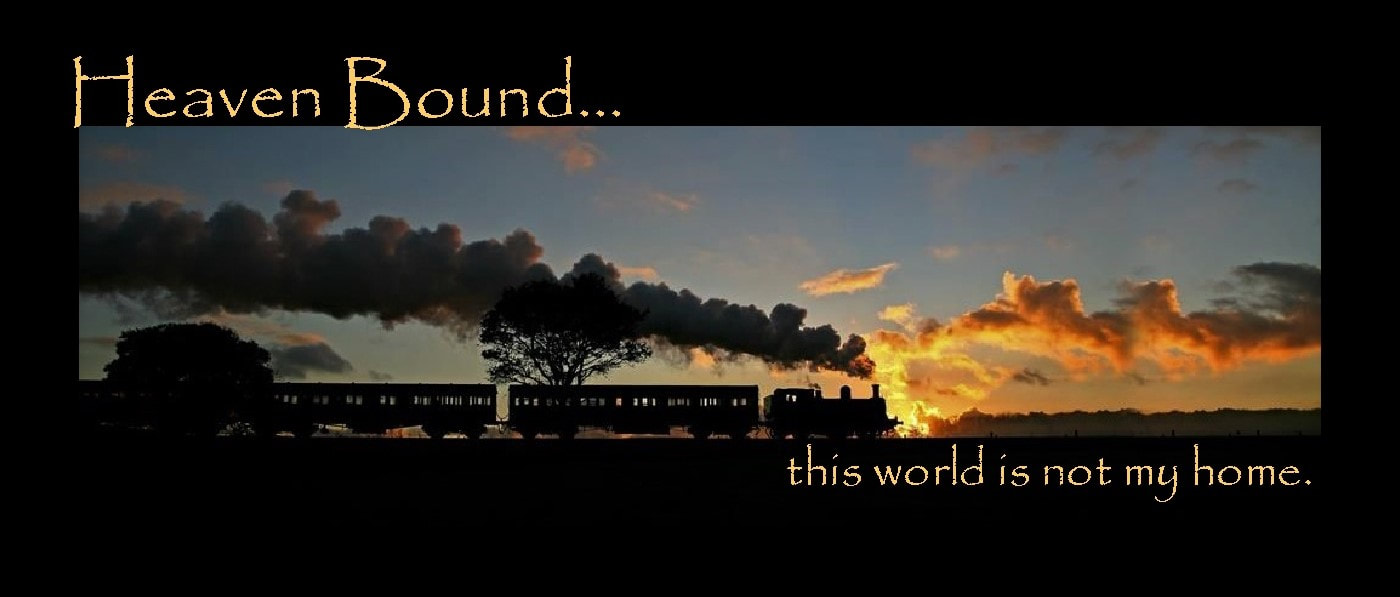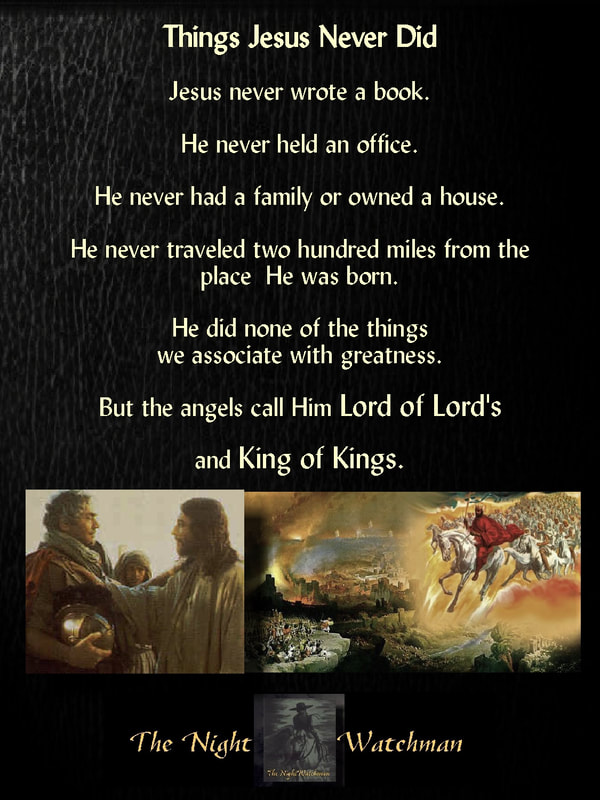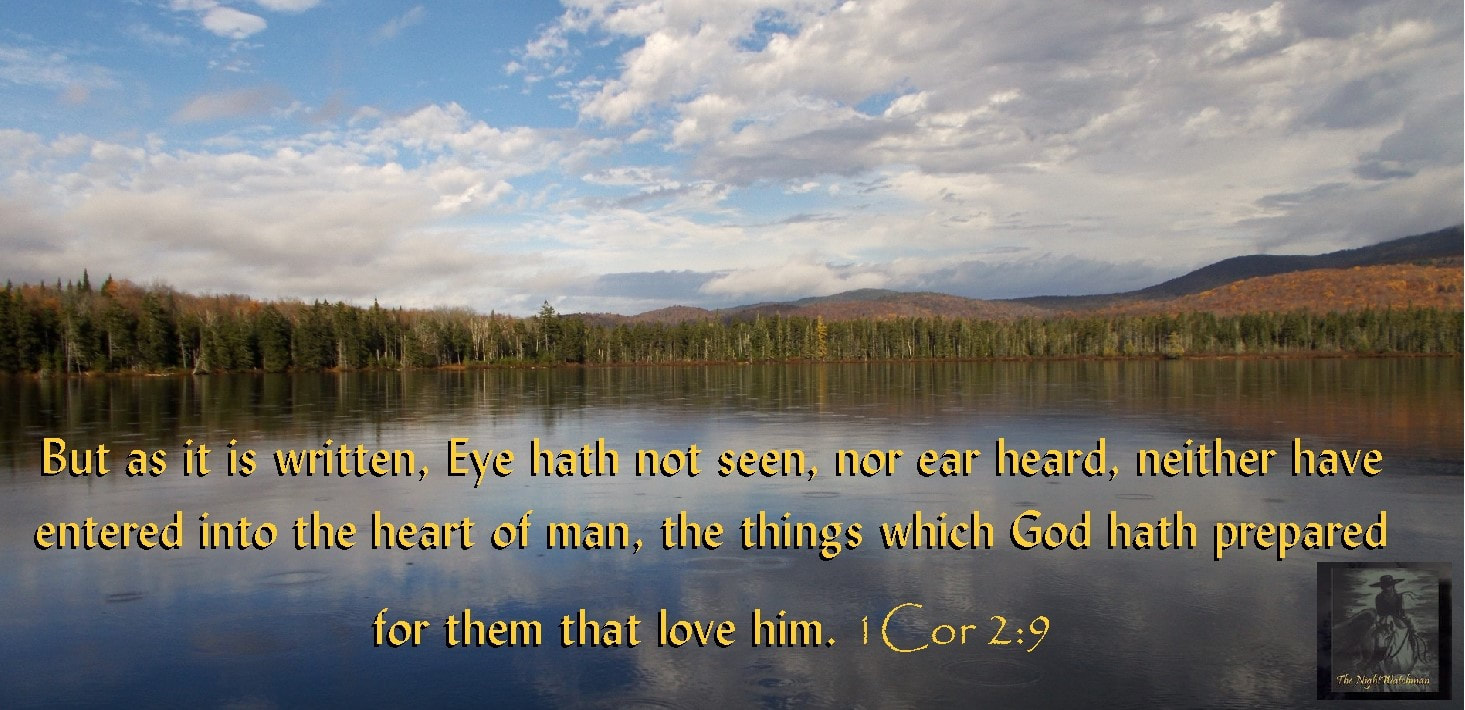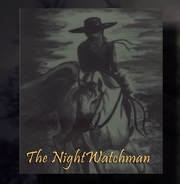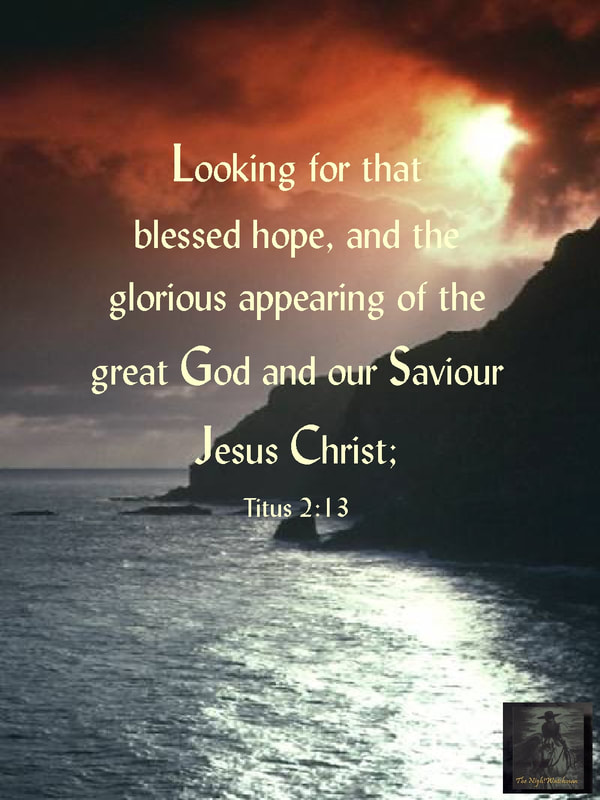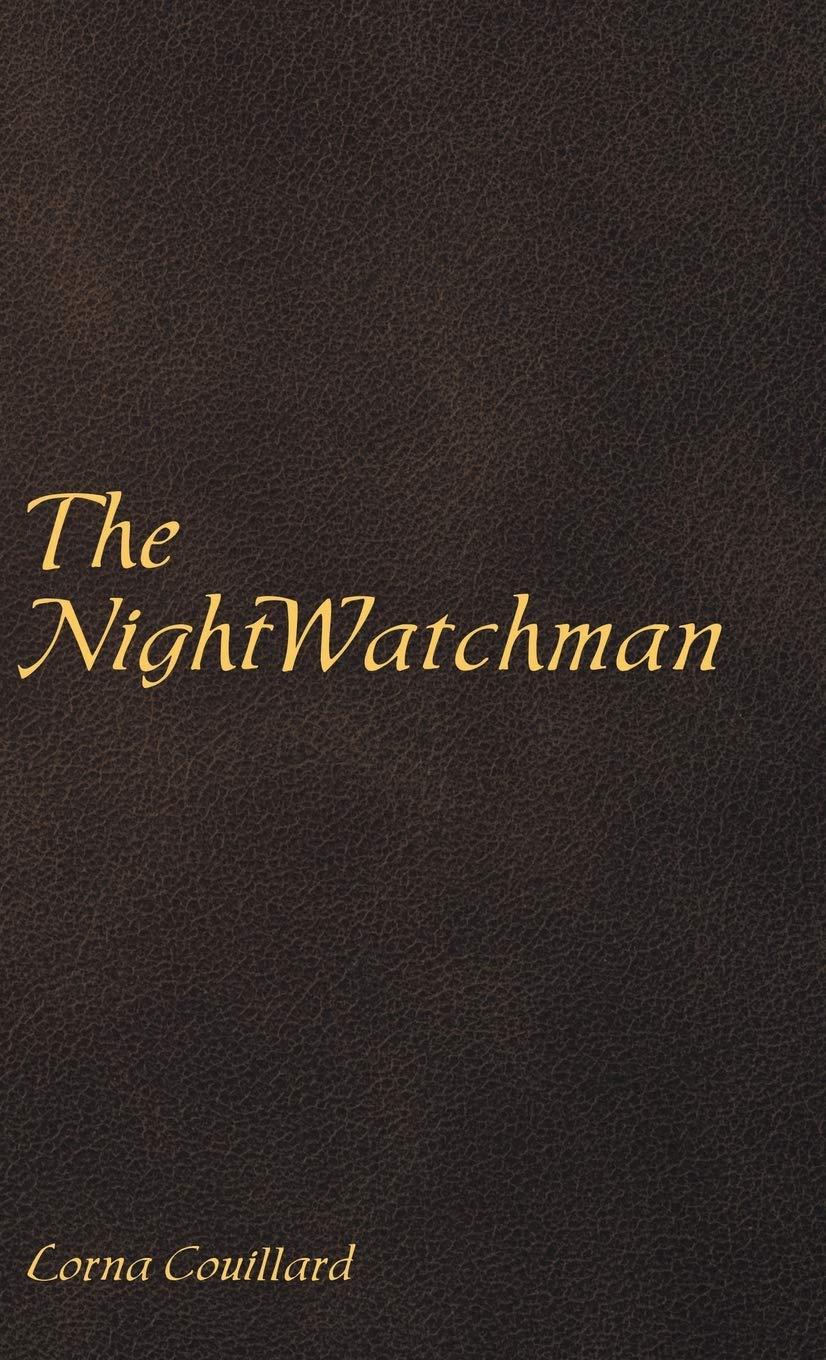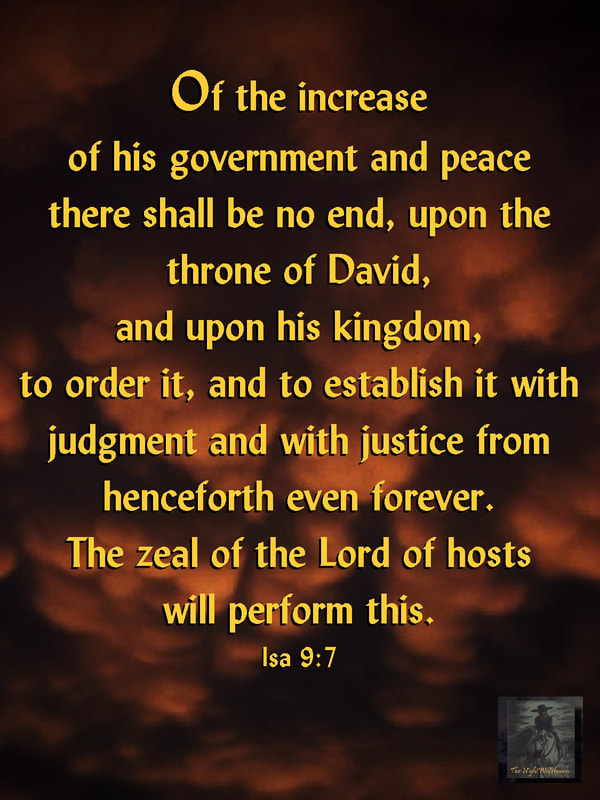|
He that hath an ear, let him hear what the Spirit saith unto the churches; To him that overcometh will I give to eat of the tree of life, which is in the midst of the paradise of God. Rev 2:7 God's Promises to the Overcomer Many sermons and commentaries have been written concerning this verse, it's a very important one given to us by Jesus, if as he says, we have ears to hear. In this post I'll center in on the overcomer. Who would Jesus be speaking of in this verse, and who can be described as an overcomer, who will be fit to be able to eat of the tree of life in paradise? For the answer we need to find what the word of God tells us. Let's take a look. 1John describes those who are the redeemed, those who overcome the world: 1Jn 5:5 Who is he that overcometh the world, but he that believeth that Jesus is the Son of God? 1Jn 5:4 For whatsoever is born of God overcometh the world: and this is the victory that overcometh the world, even our faith. 1Jn 5:5 Who is he that overcometh the world, but he that believeth that Jesus is the Son of God? See also- 1Co_15:57; Rev_2:7, Rev_2:11, Rev_2:17, Rev_2:26; Rev_3:5, Rev_3:12, Rev_3:21, Rev_12:11, Rev_15:2 Here we have it revealed to us by John- Whatsoever is born of God. All who are born again, and have the new life, overcome the world, in the sense that they do not love it and obey its dictates. This is the victory. The source of victorious power. As faith gains in strength the world loses its power. Who is he that overcometh? Only the men and women of faith; those who believe upon Jesus Christ. Take note of what is not mentioned in these verses: No mention of our wealth No mention of any reputation from men No mention of our works No mention of anything the world would call greatness No pretense to have obtained a victory over the world, except he who believes in the Savior. Anything else would be gained only by worldly expectations and promotions. Paul expands on Johns words on overcoming by adding his proclamation in Romans ch. 8: Rom 8:34 Who is he that condemneth? It is Christ that died, yea rather, that is risen again, who is even at the right hand of God, who also maketh intercession for us. Rom 8:35 Who shall separate us from the love of Christ? shall tribulation, or distress, or persecution, or famine, or nakedness, or peril, or sword? Rom 8:36 As it is written, For thy sake we are killed all the day long; we are accounted as sheep for the slaughter. Rom 8:37 Nay, in all these things we are more than conquerors through him that loved us. Rom 8:38 For I am persuaded, that neither death, nor life, nor angels, nor principalities, nor powers, nor things present, nor things to come, Rom 8:39 Nor height, nor depth, nor any other creature, shall be able to separate us from the love of God, which is in Christ Jesus our Lord. Just before going to the cross, Jesus spent his last night with his disciples, and gave them support, encouragement, warnings of things to come, and promises that they could stand on, that would help them as they continued on without him, after his death on the cross and resurrection. He emphasized to them, that as he had overcome, they must also: Joh 16:33 These things I have spoken unto you, that in me ye might have peace. In the world ye shall have tribulation: but be of good cheer; I have overcome the world. Following in His Steps Php 2:6 Who, being in the form of God, thought it not robbery to be equal with God: Php 2:7 But made himself of no reputation, and took upon him the form of a servant, and was made in the likeness of men: Php 2:8 And being found in fashion as a man, he humbled himself, and became obedient unto death, even the death of the cross. FOLLOWING HIS EXAMPLE OF SELF-SURRENDER
Inspiration From Believer's Before Us Below are quotes and excerpts of commentaries on this verse He that hath an ear, let him hear what the Spirit saith unto the churches; To him that overcometh will I give to eat of the tree of life, which is in the midst of the paradise of God. Rev 2:7 "The Christian victor shall eat of fruit that grows in the paradise of God; the overcomer shall enjoy a Divinely sustained and everlasting life. While the life eternal in its beginnings is a present possession of the believer in Jesus, yet in its glorious fulness, or what Jesus calls its abundance, it shall be also the future reward of him that overcometh. What we are sure of is that body, soul, and spirit shall all share in the perfectness of the redemption; and that the perfected and triumphant life of love shall have suitable nourishment, Divinely provided and supplied, in the fruit of the tree of life. The very mystery of the promise enkindles desire, and gives intensity to the prayer, "Even so come, Lord Jesus."
(J. Culross, Thy First Love, p. 103) "In the first glimpse of the Garden that is given us in the Book of Beginnings we are shown a picture of the ideal home of innocence, of the soul of the untried child of humanity. But there falls a shadow upon the picture as we note the entrance of sin, which results in the loss of innocence and the expulsion from the Garden and the unsheathing of the flaming sword to guard the sacred Tree of Life. But there is given us another picture of the Garden in that other Book of Beginnings, the revelation that was given to John of the new heaven and the new earth. Beautiful is the Garden now as when it first sprang fresh from its Maker’s hand. The gates are open to the four quarters of the wilderness. The flaming sword is in its sheath, and One like unto a Son of Man, clad in white robes and wearing a crown of victory, stands to welcome the returning exiles. As they come, they come by way of a Cross in the wilderness and along the banks of a glorious river, whose source they find to be in the Garden, where it waters the Tree of Life, of which they may now freely eat. One Garden is lost to us—we may not go back to Eden. But there is another Garden we may gain—it is ours to go forward, and the way of the Cross will lead us to its gates." [Note: J. B. Maclean, The Secret of the Stream, 138.] "Why should a Divinely sustained and everlasting life be promised as the reward of victory, seeing it is the present possession of all believers? For thus runs the testimony of Scripture: “He that believeth on the Son of God hath everlasting life”—hath this life already; it is already kindled and shrined in his breast. “This is the record, that God hath given to us eternal life, and this life is in his Son. He that hath the Son hath life.” Not only is all this true, but it is pre-supposed in the promise given in the text to the overcomer. For it is to be borne in mind that the earnest, enjoyed in this life, is of the same nature as the future felicity and glory. While the life eternal in its beginnings is a present possession of the believer in Jesus, yet in its glorious fulness, or what Jesus calls its “abundance,” it shall be also the future reward of him that overcometh. Hence St. Paul writes to Timothy, “Lay hold on eternal life”; and the Apostle John says, “This is the promise that he hath promised us, even eternal life.” It will not meet us where the shadows fall Beside the sea that bounds the Evening Land; It will not greet us with its first clear call When Death has borne us to the farther strand. It is not something yet to be revealed-- The everlasting life—’tis here and now; Passing unseen because our eyes are sealed With blindness for the pride upon our brow. It calls us ’mid the traffic of the street, And calls in vain, because our ears are lent To these poor babblements of praise that cheat The soul of heaven’s truth, with earth’s content. It dwells not in innumerable years; It is the breath of God in timeless things-- The strong, divine persistence that inheres In love’s red pulses and in faith’s white wings. It is the power whereby low lives aspire Unto the doing of a selfless deed, Unto the slaying of a soft desire, In service of the high, unworldly creed. It is the treasure that is ours to hold Secure, while all things else are turned to dust; That priceless and imperishable gold Beyond the scathe of robber and of rust. It is a clarion when the sun is high, The touch of greatness in the toil for bread, The nameless comfort of the Western sky, The healing silence where we lay our dead. And if we feel it not amid our strife, In all our toiling and in all our pain-- This rhythmic pulsing of immortal life-- Then do we work and suffer here in vain. Note: P. C. Ainsworth, (Poems and Sonnets) "But the question is, “Can we overcome?” Is it to be assumed the victory is easy? Is it easy to overcome the obstacles, the difficulties of life, to overcome the temptations in our own nature and in the world around us, to overcome ourselves and stand supreme over that lower self which is of the earth earthy? Is it possible to overcome? The prize is beautiful. The promise is a vision. But is it possible? We can overcome if there is an adequate power behind, and that adequate power is there—Christ, who is the reward of overcoming. It all turns upon that. The power by which we can overcome cannot be said to be ours. It would be a contradiction in terms to say it is. We have to overcome ourselves. What is the power to overcome the self? It must be another. It is Christ. “This is the victory that overcometh the world.” “Be of good cheer, I have overcome the world.” He can enable every one to overcome. The victor can conquer only in one way. If we trust in Christ we shall get His power into our hearts, and if we get His power into our hearts, then “we shall be more than conquerors through him that loved us.” The power of sin is great, but His power is much greater. Temptation is dazzling and sometimes seductive; but He can give us the victory. Actual sin is overcome by an actual Saviour. I saw some time ago a beautiful remark. Among the Irish labourers who come over every year to the harvest in England was one who was accustomed to come to the same place year after year. He was of a sullen, moody nature, but one year he came completely changed—bright, joyful, ready to help, encouraging every one. They asked him what the cause was, and they twitted him, and made humorous suggestions about the change that had come over him. At last he turned to them all and said: “You are quite right about the change, but you are wrong about the cause. The truth is, I found the greatest friend in the world, Jesus, and my heart is just full of joy.” That was his answer. I cannot see how it could be better or truer. When you have found Jesus, you may be sad in a sense, and sick and weary in a sense, but your heart is full of joy. He has given you “to eat of the tree of life, which is in the Paradise of God.” [Note: Ibid.] "Let Christ Himself be our example, whose whole life on earth was a warfare with the powers of evil; who found its crises and its agonies in the hours when He was alone with the Father; “who in the days of his flesh when he had offered up prayers and supplications with strong crying and tears … was heard for his godly fear.” Let us follow Him, who was tempted in all things like as we are, till by feeling our fellowship with Him in agony and the awful difficulty of doing the Father’s will, we shall also share His faith that we have this conflict to endure just because we can bear it, just because of our freedom, and just in order to realize that we are alive. “As I also overcame, and sat down with my Father in his throne.” Our Lord Jesus conquered all opposed to Him. In their presence He never fainted, He never failed, He never suffered defeat. Calm, confident victory rests upon every page of the sacred story. As one reads the narrative of conquest, one is amazed at the prolific and abundant spiritual energy which everywhere confronts the powers of ill. Our Lord overcame the world; He never bowed to the enticements or the glitter; they would make Him a king of the worldly order, but He rejected the allurement and went away to pray. He overcame the flesh; His life is characterized by order and beauty; on the one hand there was no harsh asceticism, and on the other hand there was no unseemly excess. He overcame the devil; they met again and again; “the prince of this world cometh”; he was ever coming, but he came to no purpose, and he achieved no triumph. Our Lord was always victor over the antagonists which stand in our path to-day. There is, perhaps, no one term whose significance is less truly understood than that of overcoming. When Jesus said, “In the world ye shall have tribulation; but be of good cheer; I have overcome the world,” there was something meant quite different from its commonly received interpretation. Many persons have translated it to imply that in this world—this present life—tribulation is the appointed lot of man; but that death will end this, and by that event we “overcome the world”—that is, enter into joy and peace as inevitable conditions of the life beyond. But is there not undoubtedly a far deeper and nobler meaning than this? The “world” does not refer merely to life on this planet—the threescore years and ten allotted to man in this present state of existence—but rather it has reference to a condition. By “the world” is meant all that materiality which must be overcome before one can enter into that state of mind which is the kingdom of heaven, and which may be the condition of life here just as surely as hereafter. We overcome only as we rise to the spiritual plane. “Be of good cheer,” said Jesus: “I have overcome the world.” Where He has gone we may follow. If He overcame the world, so may we. It is not easy; it is possible. Not being easy to achieve, it is, when once attained, a condition so easy that it preserves itself and progresses by its own momentum. One who is succeeding in living to any perceptible degree the spiritual life rather than the material, realizes for himself the profound truth in the assertion of the Christ, that His yoke is easy and His burden is light. There is in it the peace which indeed passeth all understanding, and the joy that the world can neither give nor take away. Believe and love—all the duties of the world and all the privileges of heaven are condensed in those three words. Believe and love. Not only trust, but know, believe. Hold fast to the conviction that the forces of life are Divine. Come into harmony with them, and thus live above the plane on which discord is possible, thus overcome the world." [Note: Lilian Whiting, The World Beautiful, 161.] He that hath an ear, let him hear - Every man, whoever can hear at all, ought carefully to hear this. What the Spirit saith - In these great and precious promises. To the churches - And in them to every one that overcometh; that goeth on from faith and by faith to full victory over the world, and the flesh, and the devil. In these seven letters twelve promises are contained, which are an extract of all the promises of God. Some of them are not expressly mentioned again in this book, as "the hidden manna," the inscription of "the name of the new Jerusalem," the "sitting upon the throne." Some resemble what is afterwards mentioned, as "the hidden name," Rev 19:12; "the ruling the nations," Rev 19:15; "the morning star," Rev 22:16. And some are expressly mentioned, as "the tree of life," Rev 22:2; freedom from "the second death," Rev 20:6; the name in "the book of life," Rev 20:12; Rev 21:27; the remaining "in the temple of God," Rev 7:15; the inscription of "the name of God and of the Lamb," Rev 14:1; Rev 22:4. In these promises sometimes the enjoyment of the highest goods, sometimes deliverance from the greatest evils, is mentioned. And each implies the other, so that where either part is expressed, the whole is to be understood. That part is expressed which has most resemblance to the virtues or works of him that was spoken to in the letter preceding. To eat of the tree of life - The first thing promised in these letters is the last and highest in the accomplishment, Rev 22:2, Rev 22:14, Rev 22:19. The tree of life and the water of life go together, Rev 22:1-2; both implying the living with God eternally. In the paradise of my God - The word paradise means a garden of pleasure. In the earthly paradise there was one tree of life: there are no other trees in the paradise of God. Rev_22:2, Rev_22:14 (John Wesley) Comments are closed.
|
Welcome
This page will contain an assortment of material about our eternal destination-heaven. May it be a blessing to those who's hearts long for, and seek the things of God-and His Kingdom.
Archives
July 2024
|
Proudly powered by Weebly

